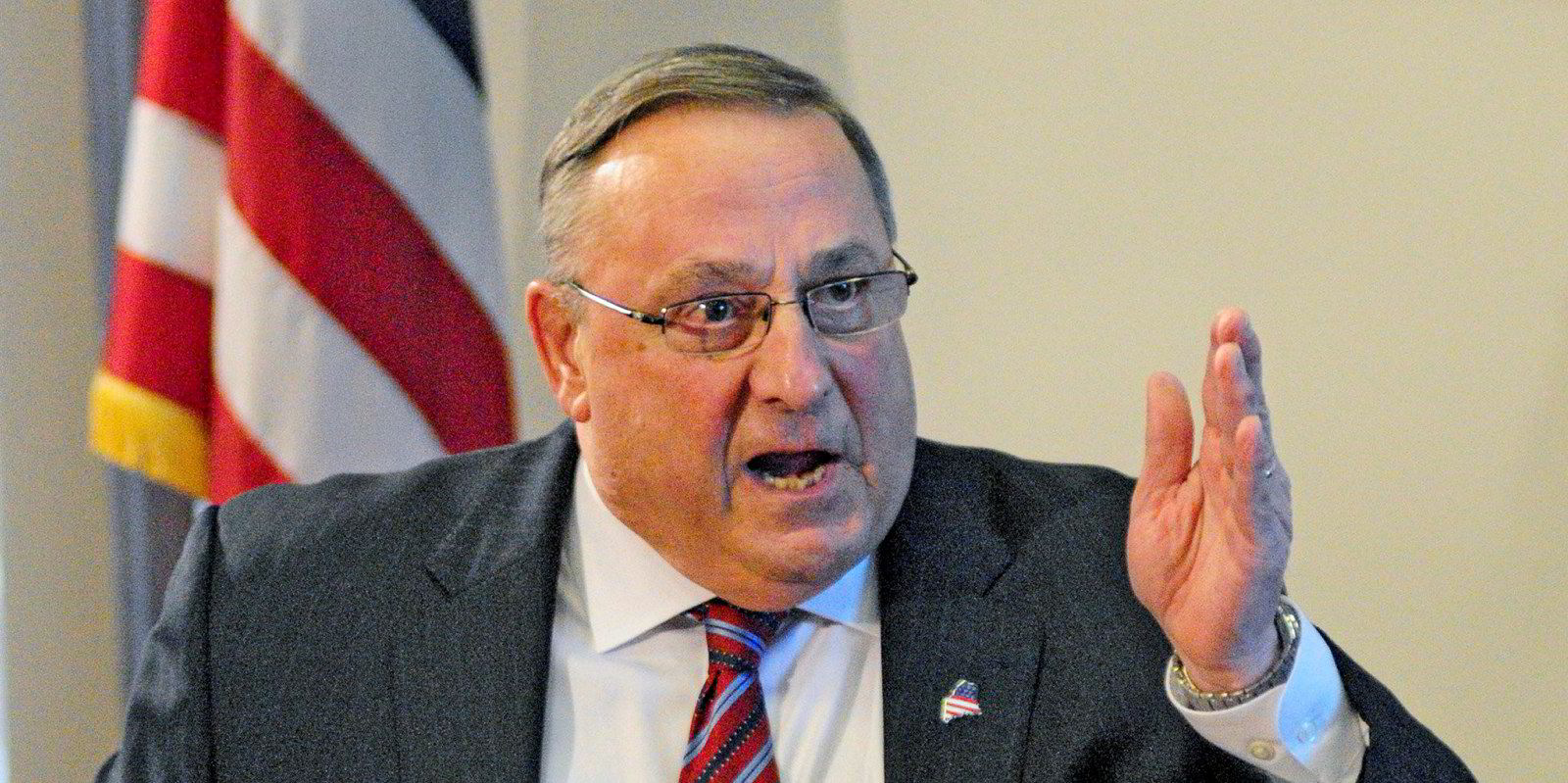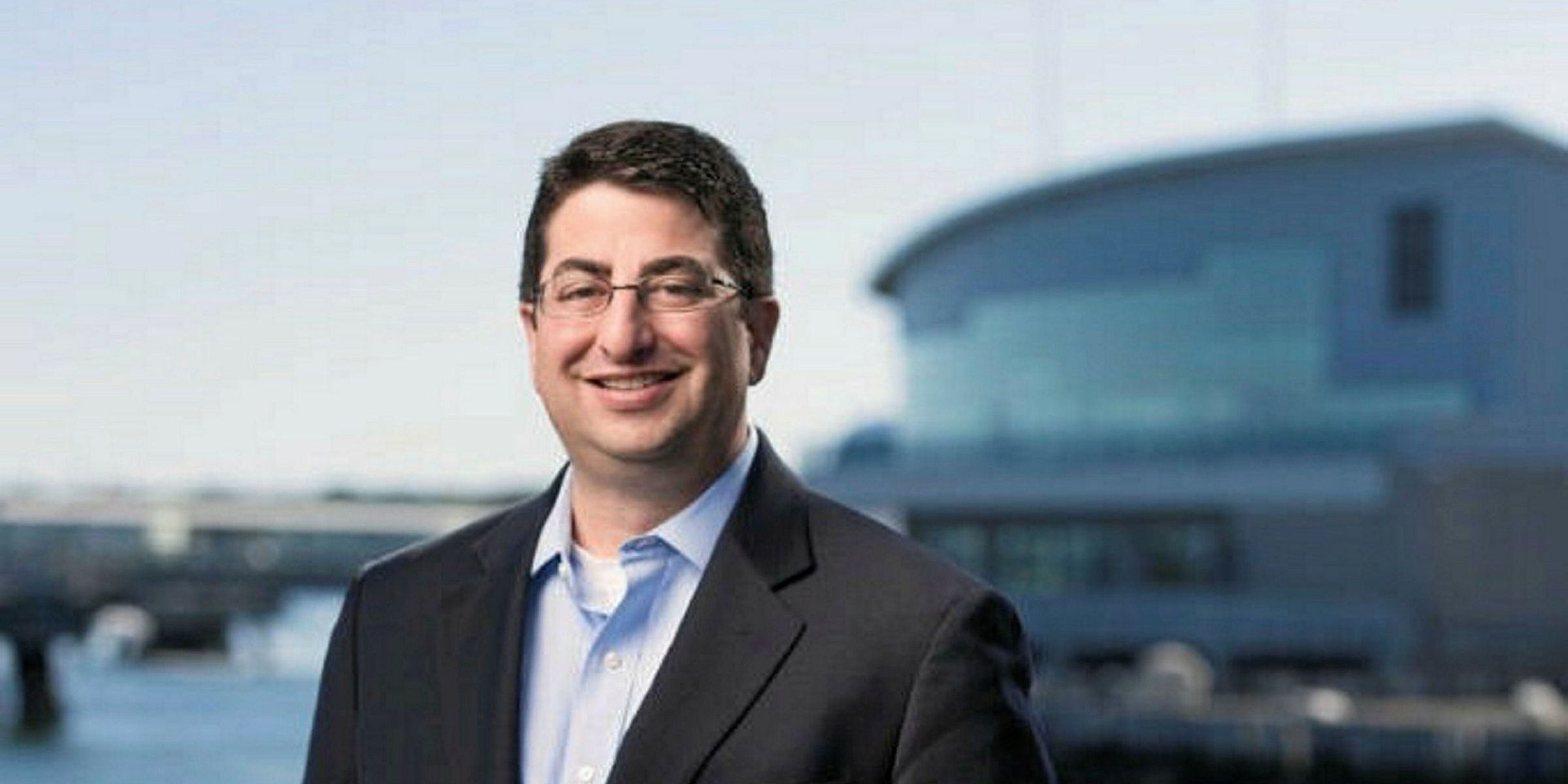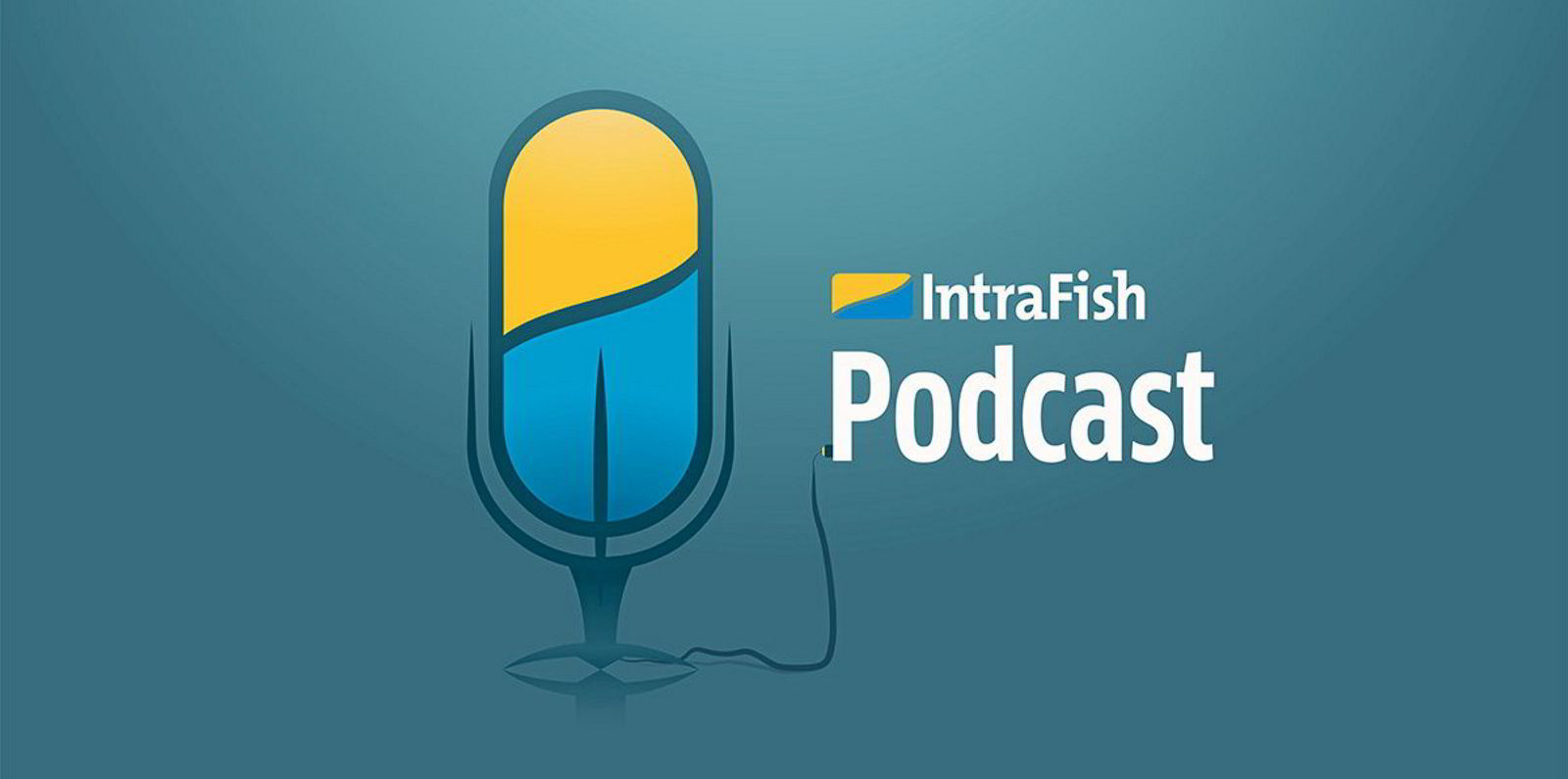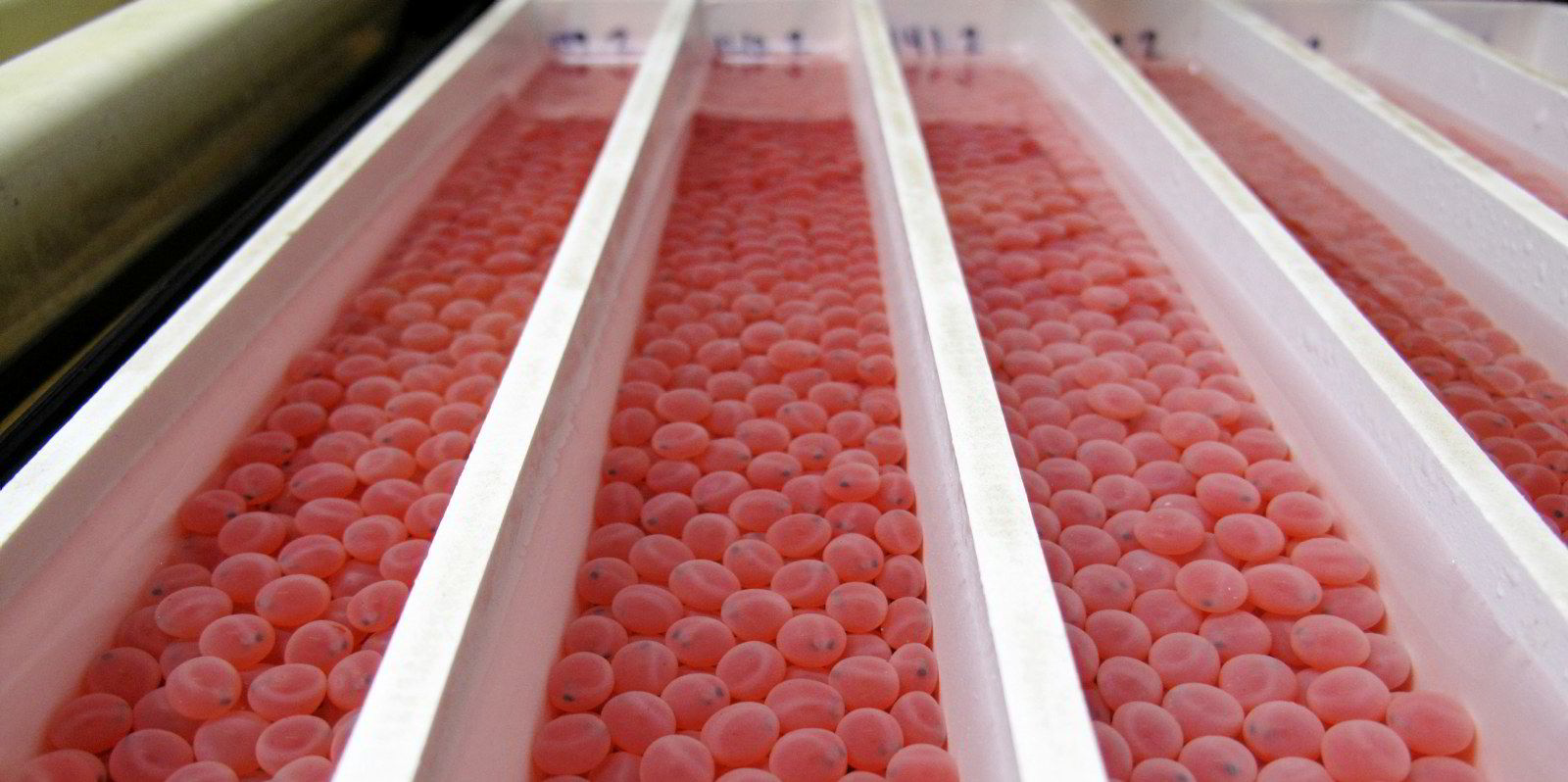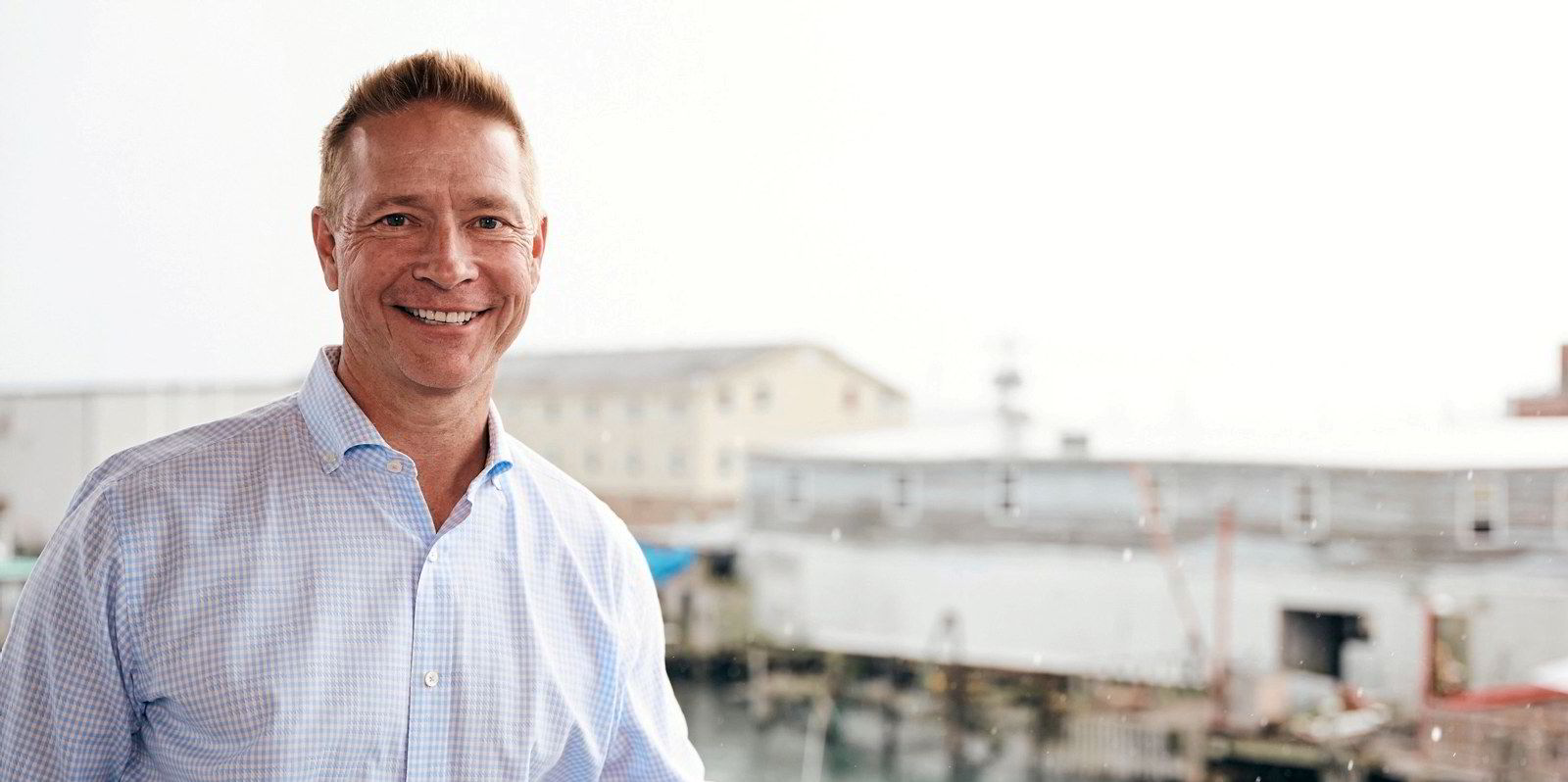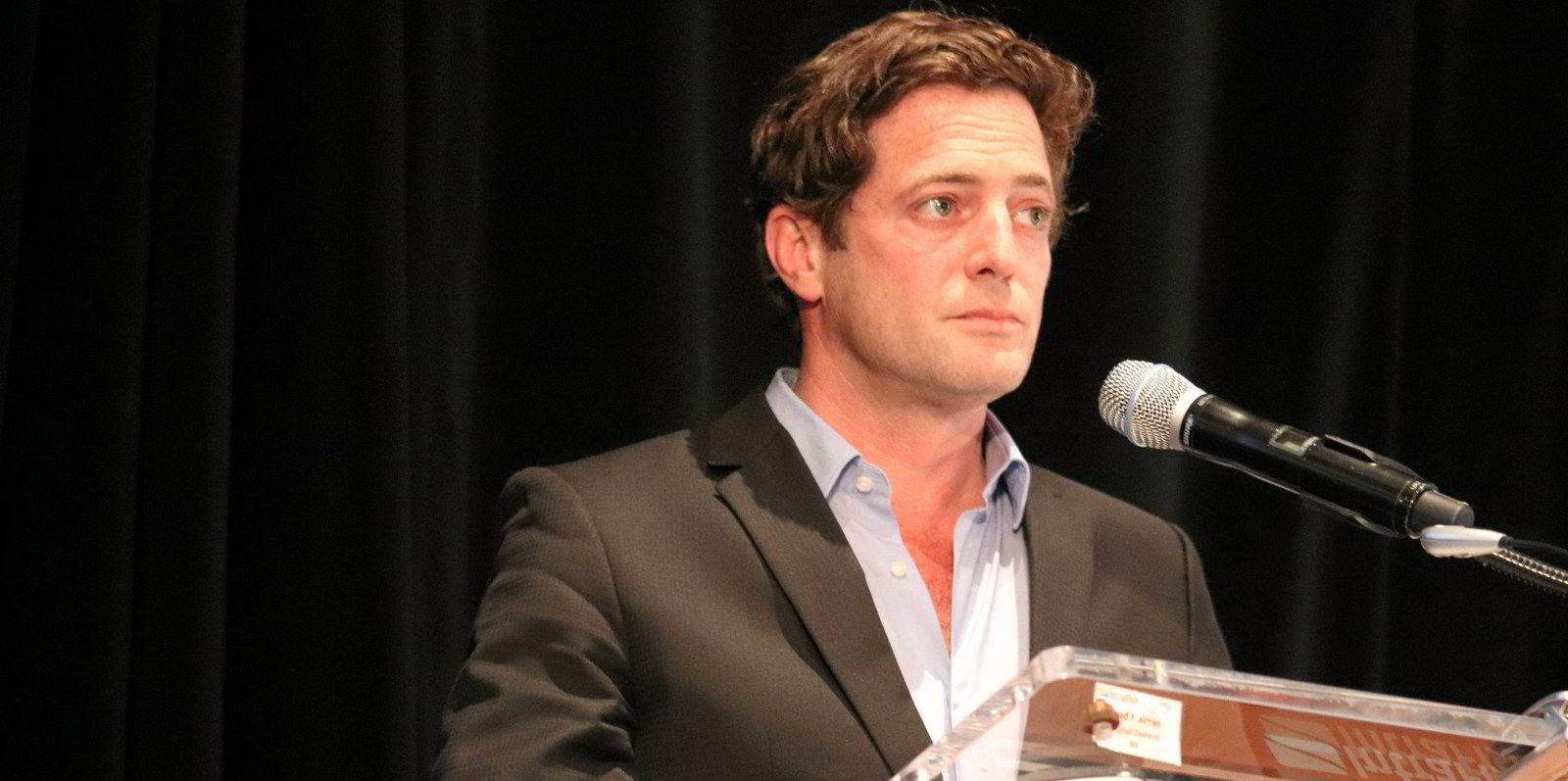Former Republican Governor Paul LePage, who is running against Democratic incumbent Governor Janet Mills in Maine's upcoming race for governor, is against American Aquafarms and its plans to build a 30,000 metric-ton closed-containment farm in Maine's Acadia National Park.
"As Maine’s next governor, I will oppose any future application from American Aquafarms in that location," he said in a Facebook post in July. "The working ecosystem in Frenchman Bay is much too critical to place at risk for this proposed venture. Good public policy dictates that economic development and the health of Maine’s air, land, and water must go hand in hand."
Maine has become the epicenter of a land-based aquaculture revolution of sorts. Several companies have launched ambitious projects for raising salmon in parts of rural Maine, and The Kingfish Company is planning to raise kingfish in a land-based facility in Jonesport, Maine. Canada-based Cooke Aquaculture operates open netpen farms off the coast of Maine.
LePage's campaign office did not return calls for comment regarding the candidate's Facebook post or his stance on the broader issue of aquaculture development in the state.
LePage has not posted any specific remarks against aquaculture in Maine beyond American Aquafarms, but has made it clear on his campaign website that he aims to protect lobster fishing rights in the state.
In recent years, lobster fishermen have teamed up with wealthy residents and hired lobbyists to oppose aquaculture projects across the state of Maine, claiming land-based and closed-containment aquaculture sites could damage the state's lobster fishery.
American Aquafarms has argued since it was conceived in 2019 that the project aims to use pre-existing talent among coastal communities that want and need to keep waterfronts working.
"The traditional working waterfront is in decline," American Aquafarms CEO Keith Decker told IntraFish last November. "Aquaculture is ideal to co-exist with these other industries like groundfish and lobster that are on the decline long term."
Thomas Brennan, director of project development at American Aquafarms, declined to comment on LePage's Facebook post specifically, but told IntraFish the company is moving forward with its plans.
Three years into its plan to build a massive salmon farm in Maine, American Aquafarms is now starting over after the state terminated the company's application for the project, and the company dropped a lawsuit that could have kept its application going.
"We are in process of setting up a meeting with Maine's Department of Marine Resources," Brennan said of what the company has planned next.
LePage has not always been opposed to aquaculture in his state. In 2018 as governor of Maine, he welcomed Nordic Aquafarms to Belfast, Maine, where the company announced it had chosen the city and planned to invest up to $500 million (€492 million) to build "one of the world's largest land-based salmon farms."
“My administration has been focusing on expanding our economic ties with Northern European nations, and we are delighted to see that investment pay off,” stated LePage at the time. “I welcome Nordic Aquafarms to Belfast and thank them for their investment and the jobs they will be creating. Nordic Aquafarms is a good fit for our state and the Midcoast region.”
He has also while governor expressed glowing support for Whole Oceans, a project that nearly five years and three CEOs later hasn't even broken ground.
Incumbent Democratic Maine Gov. Janet Mills has taken a strong stance against American Aquafarms, but her staff told IntraFish she supports other aquaculture industries in the state.
"The governor does not approve of American Aquafarm’s proposal and is pleased the Maine Department of Marine Resources independently rejected its application based on state law and scientific criteria," said Alexandra Raposo, Mills’ campaign manager.
"Governor Mills is a fierce defender of Maine’s lobster industry, which is a cornerstone of our economy, and she will continue to support the industry and advocate for their success," she added.
Raposo said the governor is a strong proponent of aquaculture that includes "oyster and kelp farming," and that she also "supports responsible aquaculture proposals that do not interfere with existing uses and fisheries."
Since being elected governor in 2019, Mills' office has invested in and supported Maine's growing aquaculture industry.
“Aquaculture represents a promising opportunity to create new jobs, strengthen and diversify our economy, and expand Maine’s reputation as a premier destination for seafood,” Mills said in May, citing aquaculture's overall value for the state at more than $100 million (€98.5 million).
In December of 2019, she announced a 10-year strategic economic development plan to grow the state’s economy, and included aquaculture as a way to support high-wage growth.
In 2020 she also lauded Nordic Aquafarm's progress in Belfast, stating: "Land-based aquaculture will create good-paying jobs for Maine people and will further diversify and strengthen our economy over the long-term."
Mills' campaign has raised nearly double that of LePage as of July 27, reported the Portland Press Herald. Political polling by forecasting firm 270toWin also shows Mills ahead of LePage in the gubernatorial race.
